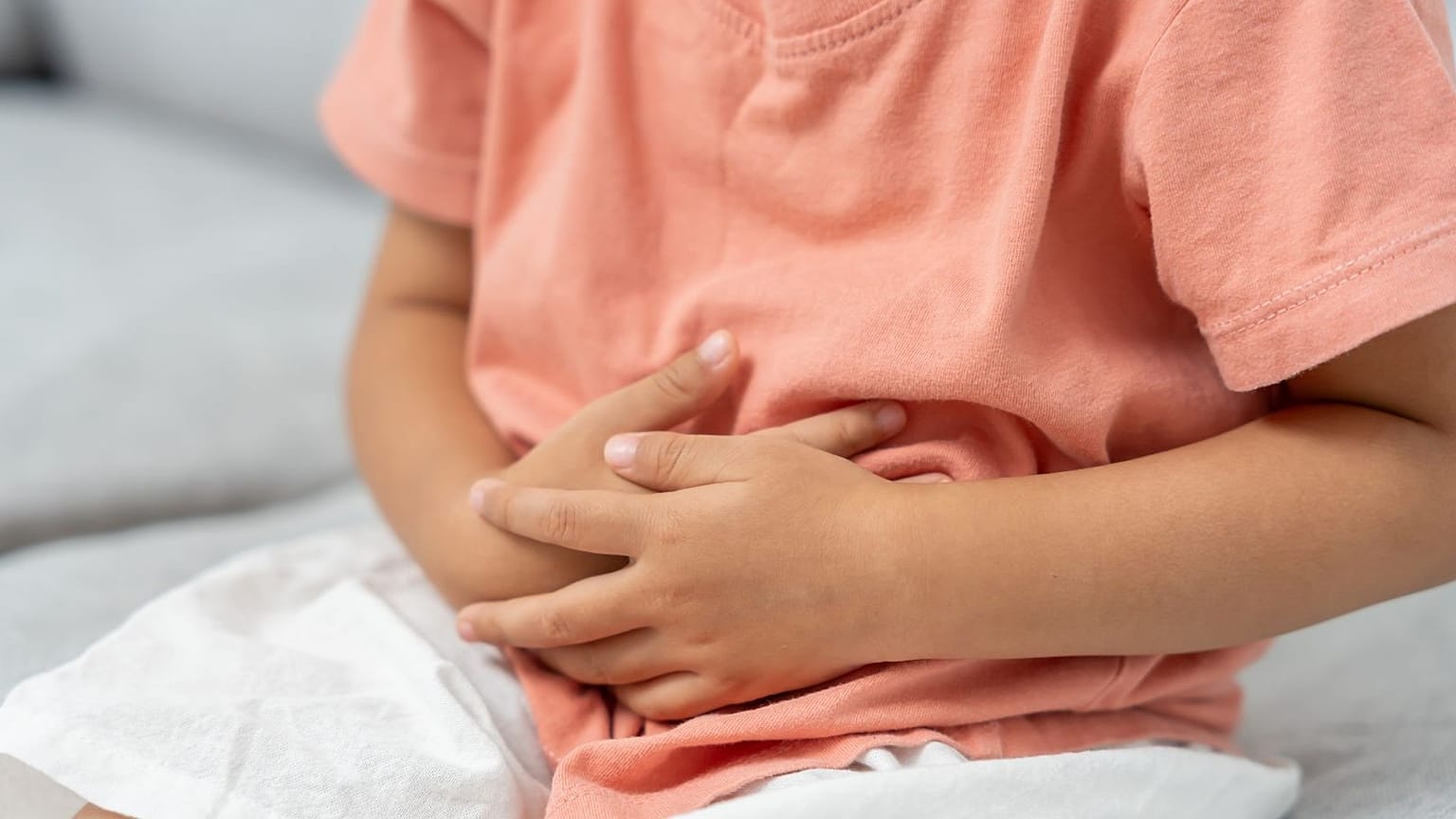The findings are the latest to shed light on how gut health affects overall wellbeing.
Toddlers’ gut health could affect their risk of developing mental health issues later in childhood, a small new study suggests.
Two-year-olds with more gut bacteria from the Clostridiales and Lachnospiraceae groups were more likely to experience depression, anxiety, and other so-called “internalising” symptoms five years later, according to the study, which was published in the journal Nature Communications.
Researchers believe the link can be explained by the brain-gut axis, or the two-way connections between the brain and the gut that influence mood, stress, cognition, and a host of other functions.
Bridget Callaghan, the study’s senior author and an associate professor of psychology at the University of California, Los Angeles, said the findings suggest that early gut bacteria could help programme brain circuits that are tied to mental and emotional health in childhood.
“By linking early-life microbiome patterns with brain connectivity and later symptoms of anxiety and depression, our study provides early evidence that gut microbes could help shape mental health during the critical school-age years,” Callaghan said in a statement.
The findings are the latest to shed light on how gut health affects overall wellbeing. The gut microbiome – the ecosystem of bacteria and other tiny organisms that live in the digestive tract – has been linked to cancer,insomnia, heart disease, type 2 diabetes, preterm birth, and other health issues, though scientists still don’t know exactly why in most cases.
The latest study included 55 children in Singapore. Researchers collected health data at ages two, six, and 7.5, including stool samples, brain scans, and caregiver surveys on behavioural problems.
The researchers linked brain patterns at age six to internalising symptoms – signs of emotional distress that are turned inward, for example, anxiety, depression, and social withdrawal – at age 7.5, and then worked backwards to analyse their gut microbiome profiles at age two.
That’s how they pinpointed the Clostridiales and Lachnospiraceae bacteria groups in early childhood as potentially linked to anxiety and depression later on.
The findings are in line with previous research showing bacteria from these groups are linked to depression symptoms in adults.
The study has some limitations, notably the fact that it was conducted in a small sample of children from Singapore. That means the findings may not translate to other groups, particularly because the gut microbiome varies from person to person.
Callaghan said more research is needed to determine whether these bacteria are actually causing mental health symptoms in childhood, and to home in on which specific bacteria are implicated.
“We need to figure out what species within these larger groups are driving the findings,” Callaghan said.
“Once we have that information, there are relatively straightforward ways to change the microbiome, like probiotics or diet, that we could use to address issues,” she added.


















